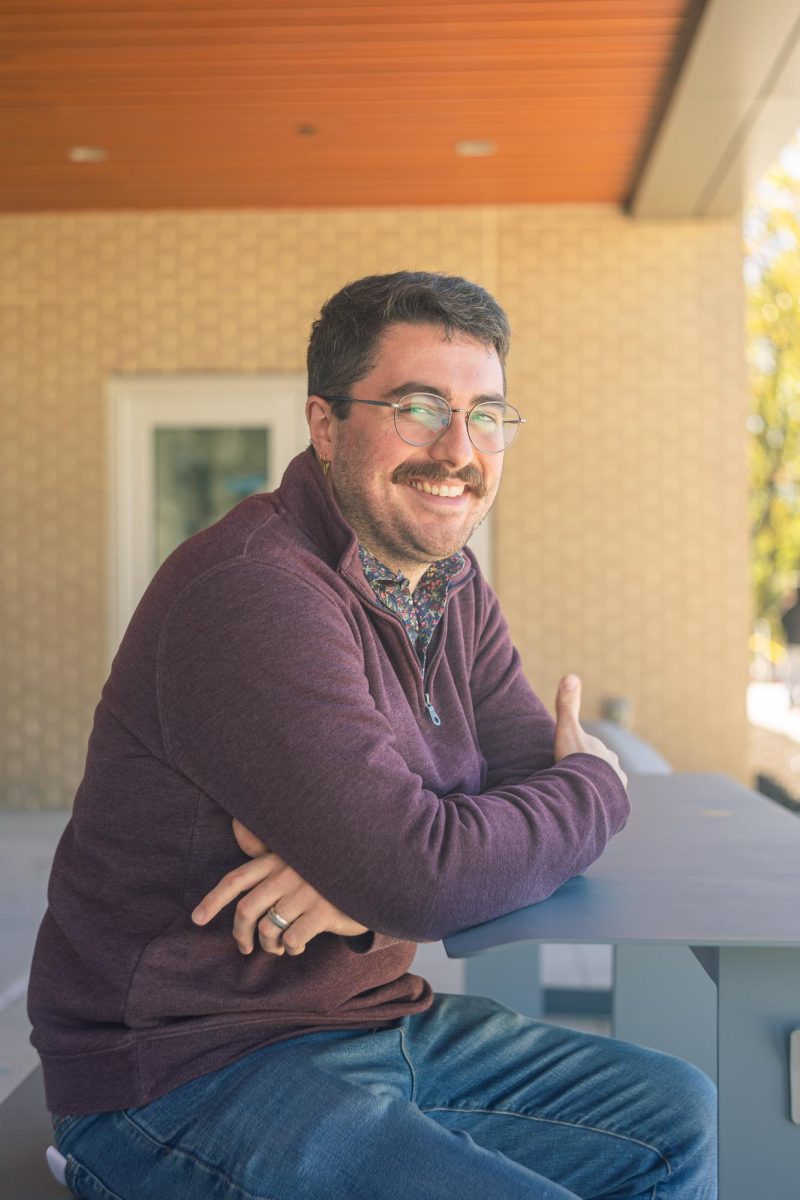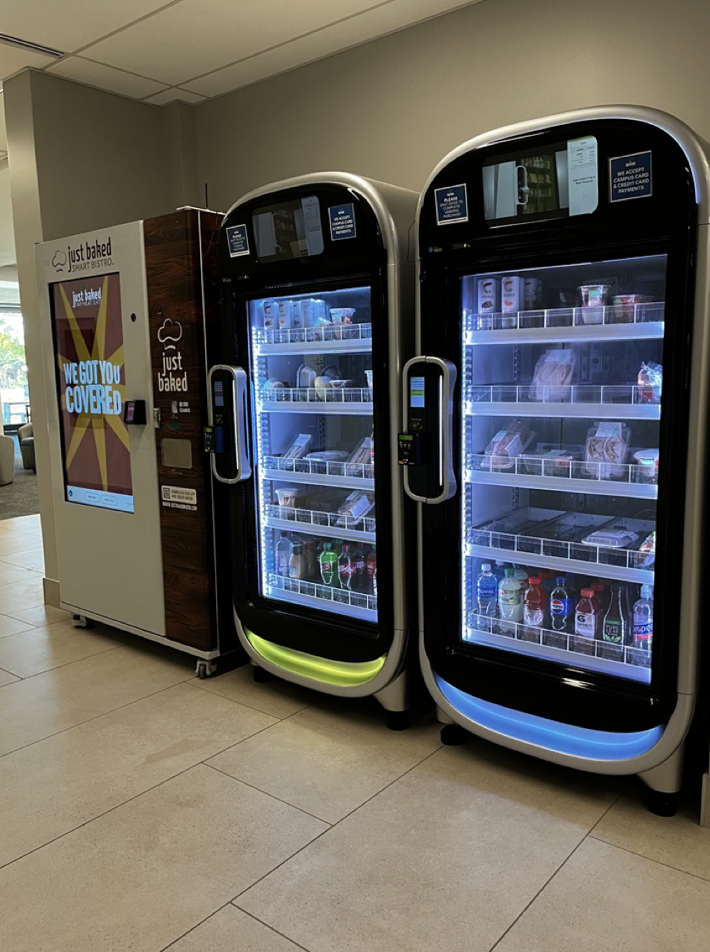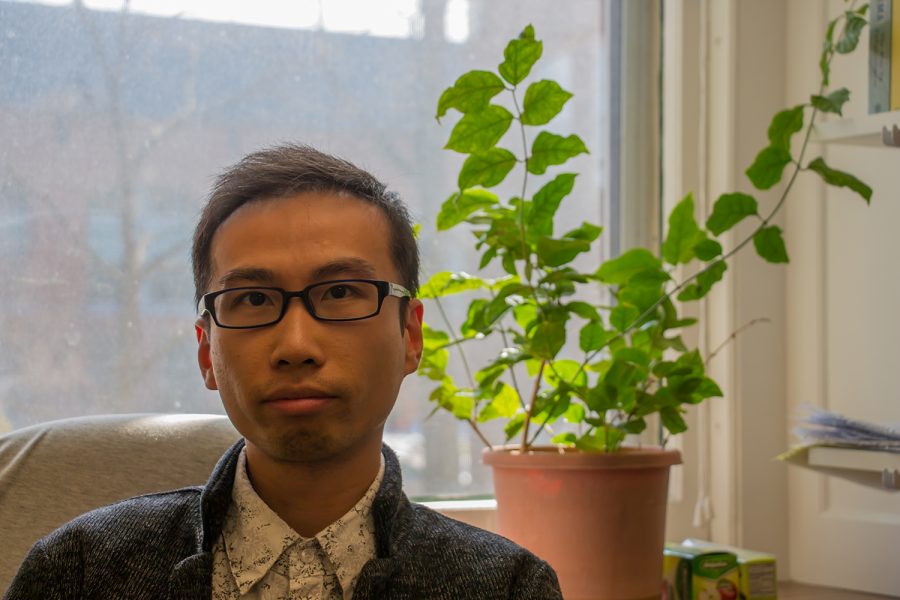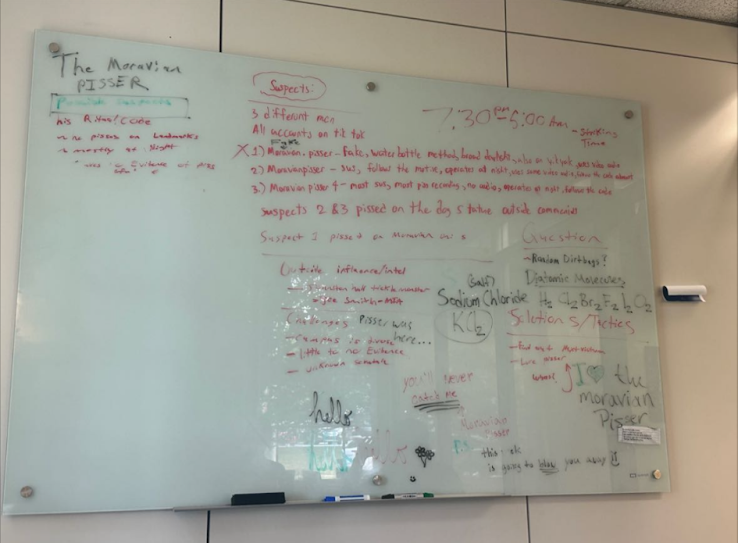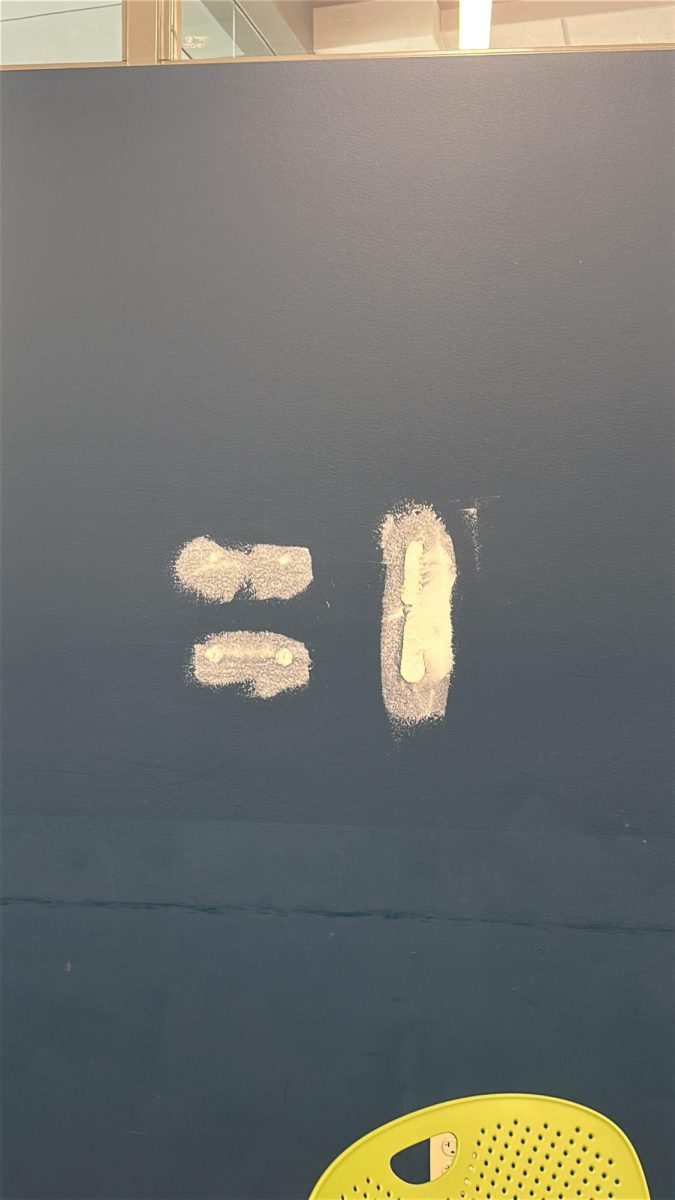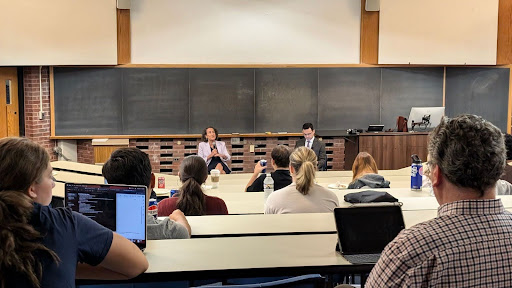
On Thursday, Sept. 12th, Moravian’s political science department held a Constitution Day lecture.
This event featured former Secretary of the Commonwealth Kathy Boockvar. She served under former governor Tom Wolf from 2019 to 2021 and is currently an adjunct professor at the University of Pittsburgh. Dr. Samuel Rhodes, assistant professor of political science, interviewed Boockvar about her previous position and the importance of the upcoming 2024 election, especially for college students.
As a Secretary of the Commonwealth, Boockvar served as a chief election official and oversaw professional licensing and the state athletic commission. She focused on decentralizing her position along with the process of voting in Pennsylvania.
For instance, she elaborated on the 2019 absentee ballot change that gave everyone the right to an absentee ballot regardless of personal reason. Additionally, voting has become more accessible with mail-ins, in-person, and early voting.
After introducing herself and explaining her position, Rhodes asked a big-picture question about whether voting truly makes a difference for young people and if it is important for them to engage. In response, Boockvar emphasized how voting was a way of expressing one’s voice.
One example she mentioned was the issue of student debt, and if enough young people actively voted, the issue could be addressed more effectively.
When asked about the conspiracy theory of illegal ballots, Boockvar talked about how easily false information spreads with constant connectedness online. S
he then broke down the science of PA elections and the expansion of cyber security training for mail-in ballots. “Pennsylvania law requires federal and state certification of every voting system that’s used in the Commonwealth,” she said, meaning that voting by mail has many layers of security and processing. These include verifying an individual through social security and databases for eligibility and giving a barcode tied to a specific voter’s mail-in envelope to scan once the ballot is sent to the individual.
Additionally, Boockvar stated that there is no widespread evidence of voter fraud since that would result in mass penalization.
An audience member asked Boockvar about the concerns revolving around votes not being counted fast enough on election night. She explained that some counties engaged in early voting and could start weeks before the election. Since 2020, counties have had more experience with mail ballots when it comes to equipment and staffing. Moreover, the results of election night votes are not official until three weeks after election day. Often, counties give preliminary (unofficial) results on the Tuesday after election day.
“Need for immediacy is a bad thing, people want fast, cheap, and accurate results but you can’t have all three,” Boockvar stated.
Boockvar also discussed the poor treatment of election officials. As a former poll worker, she emphasized how poorly funded elections resulted in overworked and underpaid election officials. She described these workers as “the foundation of our democracy” who help people vote and deserve the utmost respect.
Finally, Boockvar ended her discussion by clarifying the role of the Electoral College. According to her, the math and science of the elections are what matters most. Electors simply meet for a large electoral college meeting to formally vote.
She described such a meeting as functional and ceremonial but important for signing the official document known as the Certificate of Vote. The vice president does not have any power to reject the official document since the 2022 Electoral Reform Act was passed.
Rhodes found this year’s Constitution Day particularly valuable for young college students.
“I think it’s critical for people to be aware first and foremost that there is an election happening; young people have many reasons to be involved and that the advantages for being involved, in my mind, greatly outweigh any of the costs of spending time and energy doing it, given all the issues young people face,” Rhodes said.
“This election impacts young people the most but polls suggest that are that young people are least likely to get involved; I would say they have the most at stake.”
Boockvar’s talk invited students to think about the upcoming election critically and practice their rights as young voters.




